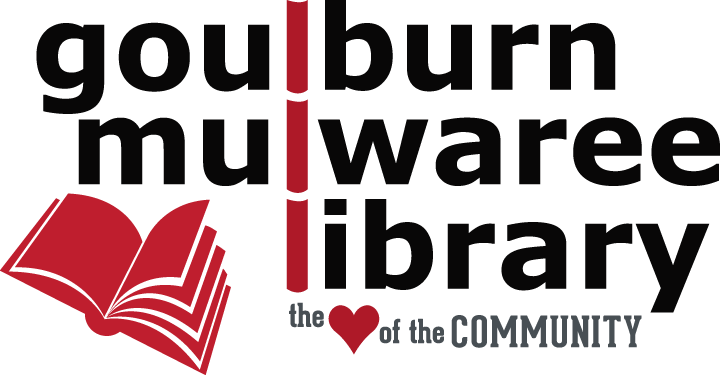Writing history essays : a student's guide
Mabbett, I. W. (Ian William), 1939-2016
Books
Find it!
Subject: To write history successfully, it is essential to understand the nuts and bolts of technique as well as the underlying principles which govern the whole process. Writing History Essays takes you step-by-step through the process of writing an assignment, breaking it down into a series of manageable tasks, including: selecting sources; reading critically; taking notes; planning and drafting your essay; referencing correctly and avoiding plagiarism. This book also takes you beyond the essay, with practical advice on writing book reviews, reports and dissertations, as well as guidance on sitting examinations. The new edition includes reflective questions at the end of each chapter and discussion of visual and web-based sources, making it an indispensable guide for history students.
Main title:
Writing history essays : a student's guide / Ian Mabbett.
Author:
Edition:
2nd edition.
Imprint:
Basingstoke, Hampshire Palgrave Macmillan, 2016.
Collation:
x, 194 pages ; 22 cm.
Series title:
Notes:
Previous edition: 2007.Includes bibliographical references and index.
Contents:
Machine generated contents note: ch. 1 A History Essay is History -- The practice of history is a craft -- History is also an art -- A history essay is history -- Defining history -- History and its neighbouring disciplines -- Social sciences, humanities and fuzziness -- The wavelength of history -- ch. 2 A History Essay is More than Just History -- A history essay is academic writing -- A history essay is an essay -- A history essay is literature -- ch. 3 The History Essay as a Process -- History begins with a question -- ... And proceeds to an answer -- Approaching the writing of an essay -- Studying history as independent learning -- ch. 4 Knowing your Sources -- Types of source -- Exploiting primary sources -- Exploiting secondary and tertiary sources -- First and last things to read -- ch. 5 Using Online Sources -- The internet: its value and limits -- Computer resources in general -- Examples of subscription sites -- Generic browsing facilities --Contents note continued: A list of possibly useful websites -- ch. 6 Reading Critically -- Reading for information and reading for ideas -- The problem of authority -- Distinguishing between factual evidence and judgment or opinion -- Prejudice and bias -- ch. 7 Taking Notes -- Do not write too many notes -- Do not copy out verbatim from books -- Commonsense guidelines -- Note-taking examples -- ch. 8 Explanation, Judgment and Historical Imagination -- The limits of historical explanation -- What counts as explanation? -- Should we take sides with favourite groups in history? -- Did groups exist, or do we invent them? -- What things made people in the past different from us? -- Historical imagination -- ch. 9 Planning -- Deciding on essentials -- The cycle of argument -- The introduction -- The plan of attack -- Choosing the evidence to put in -- The logic of your argument -- The conclusion -- ch. 10 Writing and Independent Thought -- How independent thought is applied --Contents note continued: Identifying plagiarism -- Paraphrasing in presenting factual evidence -- Good and bad use of what you read: a longer example -- ch. 11 Writing and Organizing your Essay -- Every sentence gives a signal -- Make sure that the logical structure is plain -- Avoiding bias in your writing -- Quotations -- Writing the conclusion -- Matching words to ideas -- ch. 12 Citing the Sources -- What needs a citation? -- Giving references -- In-text citation systems -- Footnotes -- What sort of citation style suits history? -- Text in footnotes -- Good and bad footnoting -- Bibliography -- The importance of citation -- ch. 13 The Importance of Good English Expression -- Accuracy of English expression -- Punctuation -- Italics -- Spelling -- Grammar -- Handling quotations -- Style -- ch. 14 Revision and Correction -- Some principles of revision -- Layout and presentation -- A checklist of revision points -- A proof-reading exercise --Contents note continued: Benefiting from conferring about corrections -- Common errors -- ch. 15 Beyond the History Essay -- Examination answers -- Document criticism -- Book reviews -- Seminar introduction papers -- Reports -- Some other varieties of class assignment -- ch. 16 From Essay to Thesis -- The ladder from essay to thesis -- Reading, reading and more reading -- The light-bulb moment -- Writing -- The literature review -- What constitutes real scholarship? -- Appendix: A Note on Historiography -- The history of history -- Recent trends in the writing of history -- History writing and historical method: some references.
ISBN:
9781137543660
Dewey class:
808.0669
Language:
English
Added title:
BRN:
7914
